According to the South Wales Police, ‘aggressive begging’ is on the rise in Cardiff and city council says not to give, but how do locals respond when being asked for cash?
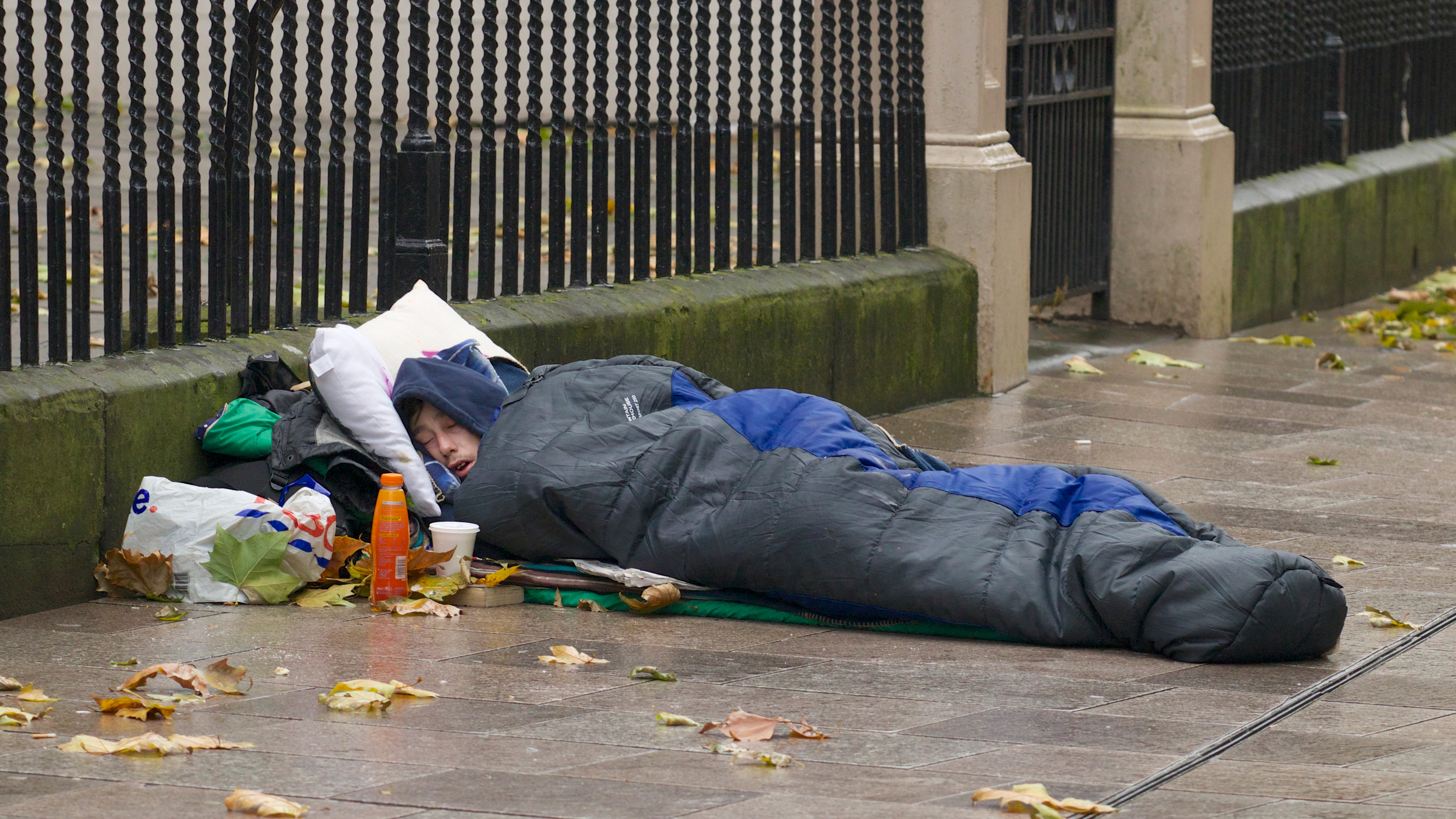
One of the biggest issues facing businesses in Cardiff city centre is what South Wales Police are calling ‘aggressive begging‘, which includes directly asking a person for money or begging near a cash point.
Business owners say they have experienced verbal and physical threats from those asking for money, and have had to escort customers outside fire exits to avoid being asked.
Local homeless charities, however, say there is no data to demonstrate this trend, and rough sleepers are almost 17 times more likely to be victims, rather than perpetrators, of violence.
Cardiff council received 3,987 applications for help with homelessness in 2017/2018, an increase of 68% from just over two years ago. On an average night, the number of people sleeping on Cardiff streets was between 60 and 78.
We asked the public about their experience with ‘aggressive begging,’ and if they’re inclined to take council’s advice and not give.
Stacey Williams, 30, Young Persons’ Peer Mentor, Cardiff
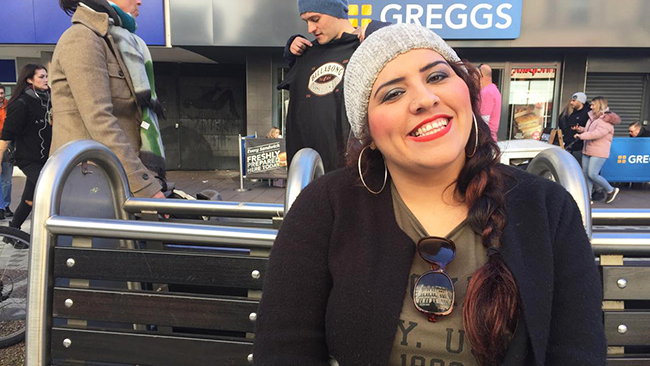 “I’ve been homeless myself. I was homeless for four years, and I stayed in the local Cardiff homeless shelter and then luckily had a friend who let me stay. I know what it’s like to be genuinely homeless, and it’s horrible. It’s just difficult to determine when someone is being honest or not.”
“I’ve been homeless myself. I was homeless for four years, and I stayed in the local Cardiff homeless shelter and then luckily had a friend who let me stay. I know what it’s like to be genuinely homeless, and it’s horrible. It’s just difficult to determine when someone is being honest or not.”
Abudultaif Sadeq, student, 23, Kuwait
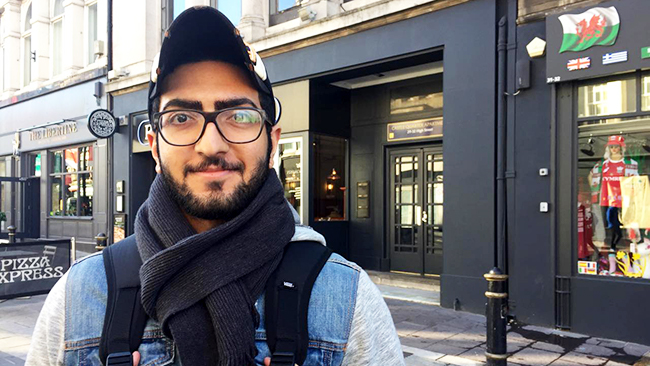
“If I have cash on me I’ll happily give it. We aren’t grateful enough for the things we have in our life. It makes me sad to see people suffering, especially when it is really cold here.”
Angela Rigby, 79, retired, Cardiff

“Depends on how they look. I do give out bits of change here and there. I think to myself they’re possibly doing it to raise money for alcohol and drugs, but if I was sitting on the pavement I would want alcohol and drugs as well.”
Nigel Ralphs, 53, Cardiff University employee, Cardiff
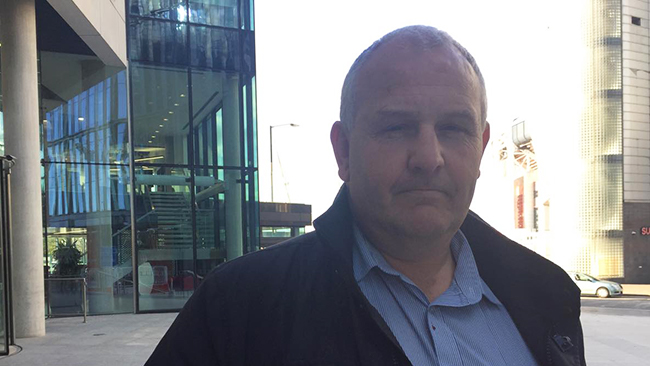
“I wouldn’t give them money because you could be fuelling a drug problem. It’s finding out who the genuine ones are and those who aren’t. I come into the city centre early in the morning, that’s when you’ll see who the real homeless people are. The ones who aren’t tend to turn up later.”
Maria Vaisanen, 55, Sweden
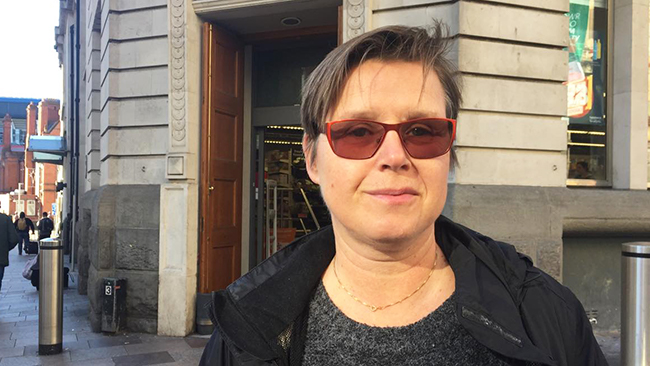 “I tend to say hello to them, and occasionally I give them something to eat. I think everyone should have a home. In Stockholm we are building a lot of homes, but I think they should build one for everyone.”
“I tend to say hello to them, and occasionally I give them something to eat. I think everyone should have a home. In Stockholm we are building a lot of homes, but I think they should build one for everyone.”
Finn Manning, 18, student, Cardiff
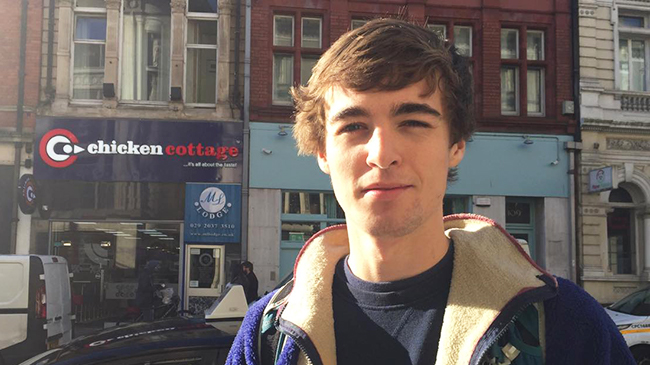
“I haven’t seen aggressive begging but aggressive behaviour. One homeless man said he was going to knock my head off, that was kind of intense. Quite aggressive. Didn’t make me want to give to him.”
